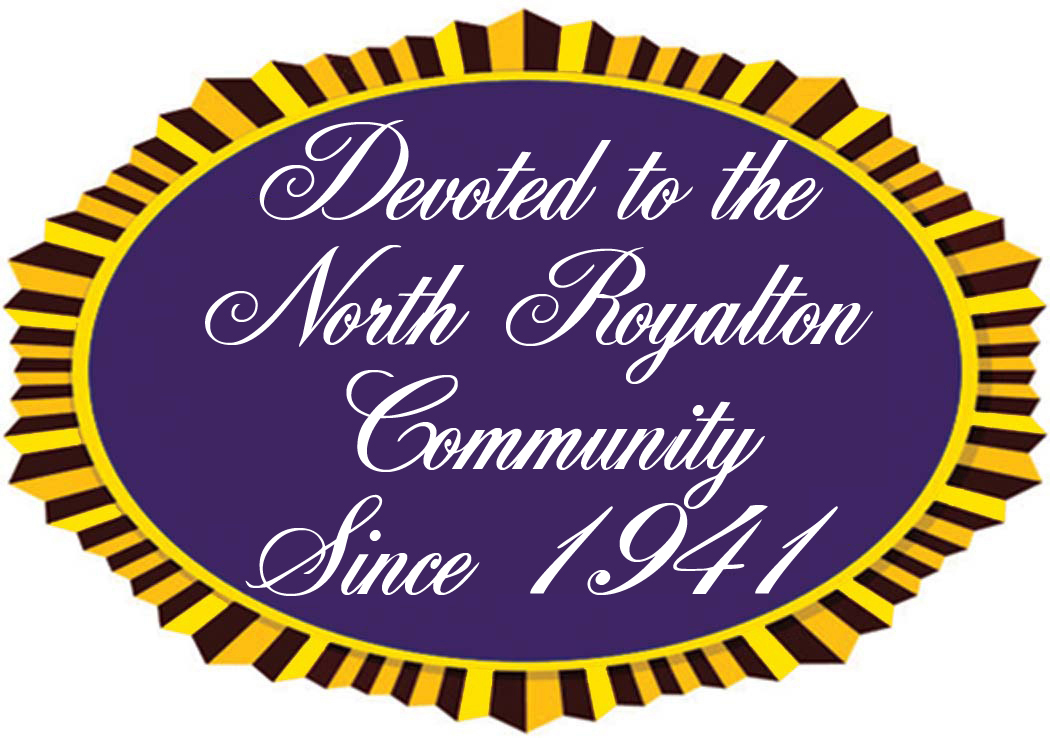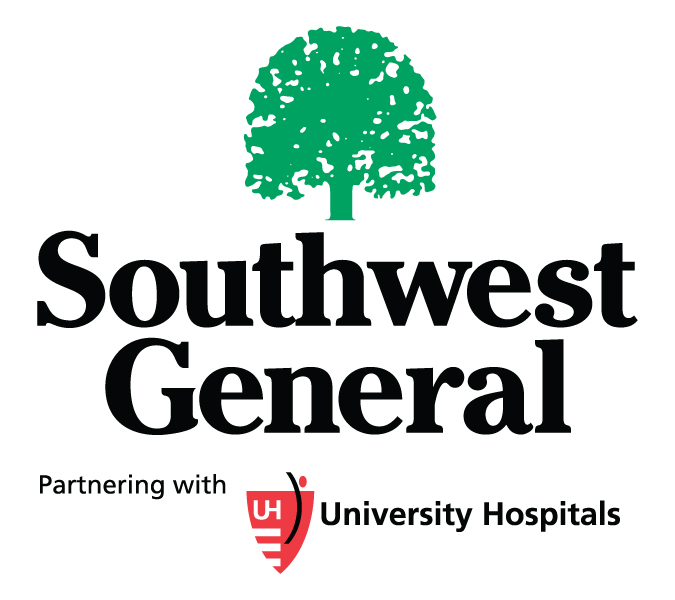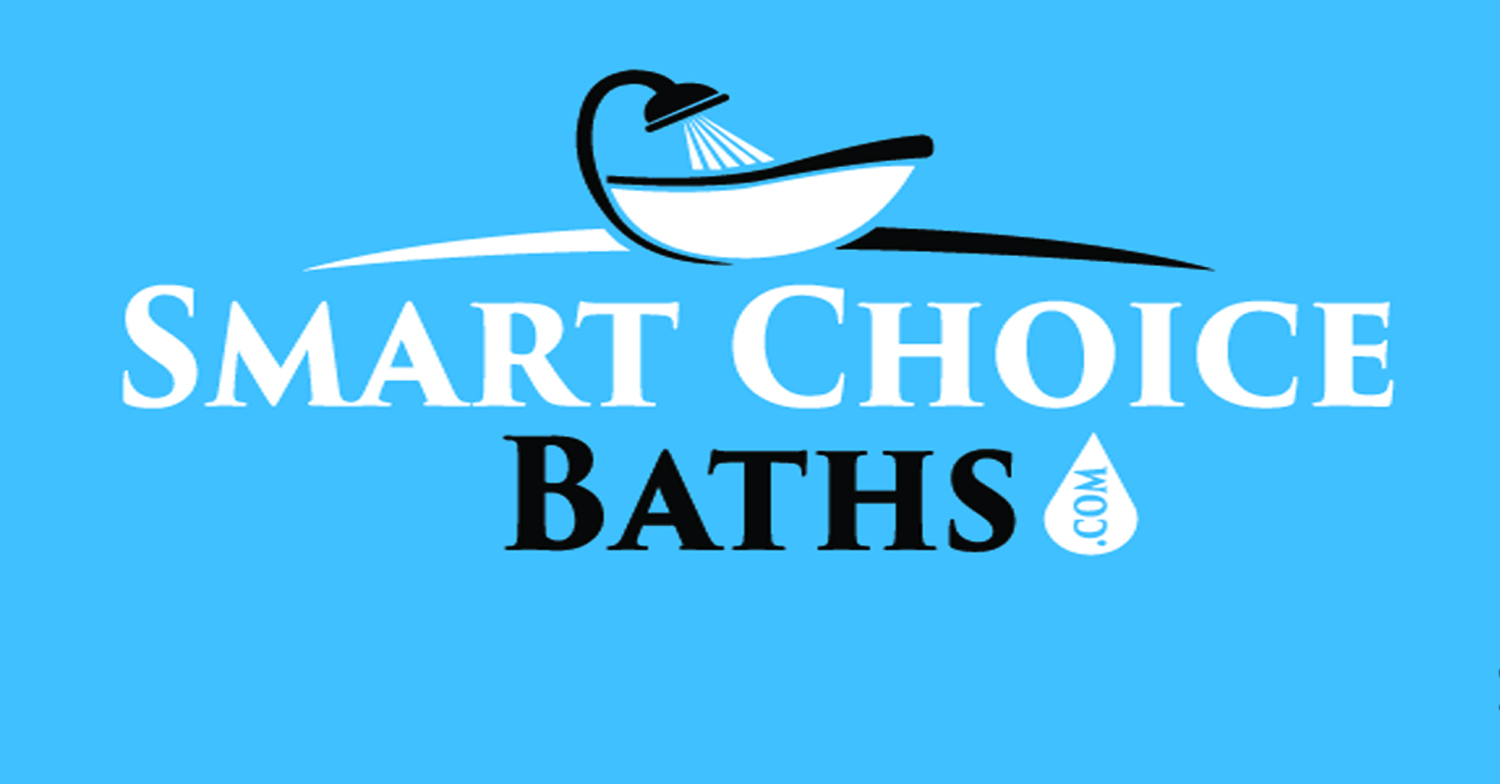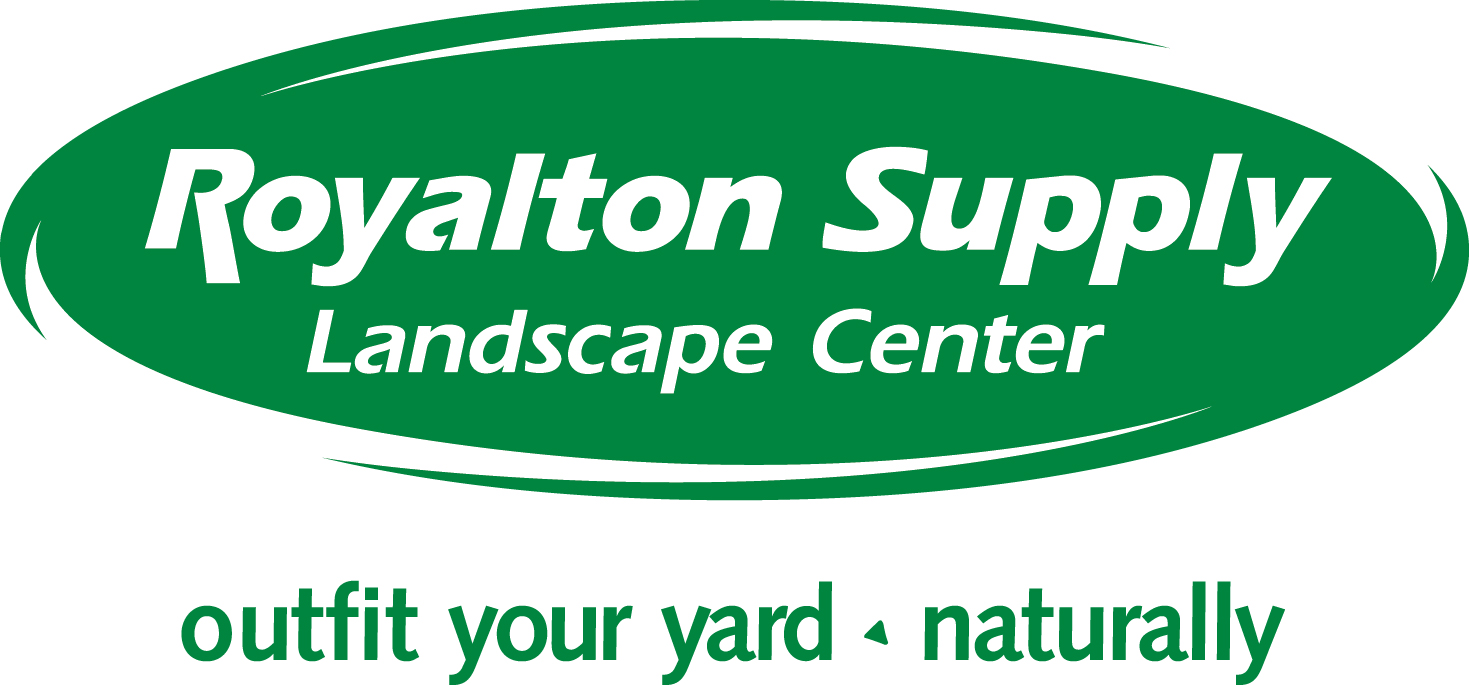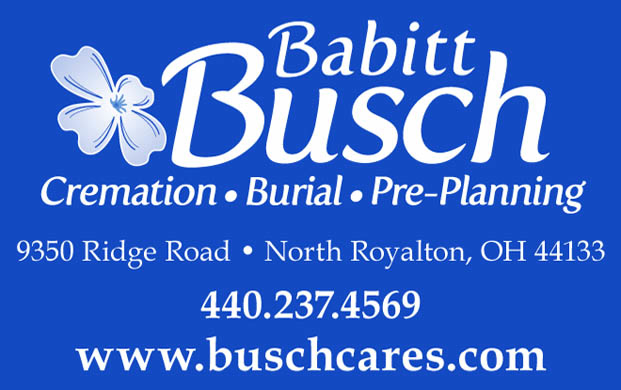City Council unanimously adopted legislation at its March 3 meeting that would join the State of Ohio to seek restitution for the opioid problem.
The legislation states the city, state “and its communities have been significantly harmed by misfeasance, nonfeasance and malfeasance committed by certain entities within the Opioid Pharmaceutical Supply Chain; and the State of Ohio, through its Attorney General, and certain Local Governments, through their elected representatives and counsel, are separately engaged in litigation seeking to hold Opioid Pharmaceutical Supply Chain Participants accountable for the damage caused by their misfeasance, nonfeasance and malfeasance.” It goes on to say that they share a common desire to “abate and alleviate the impacts”. In that light, the state has drafted a “One Ohio” Memorandum of Understanding (MOU) that relates to the allocation and proceeds of potential settlements of the opioid related cases. The deadline for those who want to be included was March 6.
On March 20, 2018, North Royalton City Council unanimously agreed to hire Cleveland law firm, Kelley & Ferraro LLP to represent the city in seeking damages incurred by the opioid problem. No monetary amount was given, but the city has been providing the firm with information regarding the expenses the city has incurred for treating opioid cases, such as Police and Fire Department EMT manpower, as well as the cost of Narcan, which serves as an antidote for heroin overdose victims. The contract with Kelley & Ferraro indicates that North Royalton will only pay a legal fee if it is awarded a monetary sum. If that is the case, the city would pay Kelley & Ferraro 25 percent of the settlement.
The contract states that they will “retain Kelley & Ferraro, LLP to investigate and prosecute any potential claim(s) Client may have against the drug manufacturers and/or pharmaceutical companies, pharmacy retailers, sellers and/or distributors of prescription opioid pain medications for the recovery of any and all costs, damages or loss, including but not limited to, any subrogation and/or reimbursement claims and/or any other claims that may be brought by Client in equity or under the applicable Federal or State law, related to the provision of care, service and/or supplies including the delivery of prescription opioid medications, treatments, hospitalizations, addiction and rehabilitation treatment, overdose or other opioid-related health-care services.”
At that time, other local communities were also filing suit, such as Strongsville, Parma, Brunswick and Broadview Heights. Earlier in 2018, Cuyahoga County and the state of Ohio filed similar suits. Other states were also added and were consolidated into one court.
“Between 12 and 18 months ago, many communities were solicited by a variety of law firms to join in class action suits against the opioid defendants, including manufacturers, suppliers, retailers – everyone,” said North Royalton Law Director, Tom Kelly. “Those have largely been consolidated under one Judge, Dan Polster. Some of the cases, such as Cuyahoga County, have already been settled for many millions. The next question from the point of view of the rest of the plaintiffs is what is the best way forward in terms of resolving all of these claims. The suits will remain pending, but in the interim the Governor and Attorney General are leading an effort to have all the other municipal-style plaintiffs join in a volunteer, non-binding effort to resolve all the claims in one fell swoop. Again the possibility that, on an individual basis, each plaintiff will take whatever they can secure and force all the other decedents into bankruptcy. So the Governor and Attorney General are heading up this effort to see if some alternative dispute resolution may be had in order to bring all of these lawsuits to an end and secure an appropriate monetary resolution that will benefit every community.” This is a negotiation outside the court. If successful, all entities involved could benefit.
By GLORIA PLEVA KACIK
Contributing Writer
City to join State in Stake Against Opioid Lawsuit
Royalton Recorder City to join State in Stake Against Opioid LawsuitMar 10, 2020






